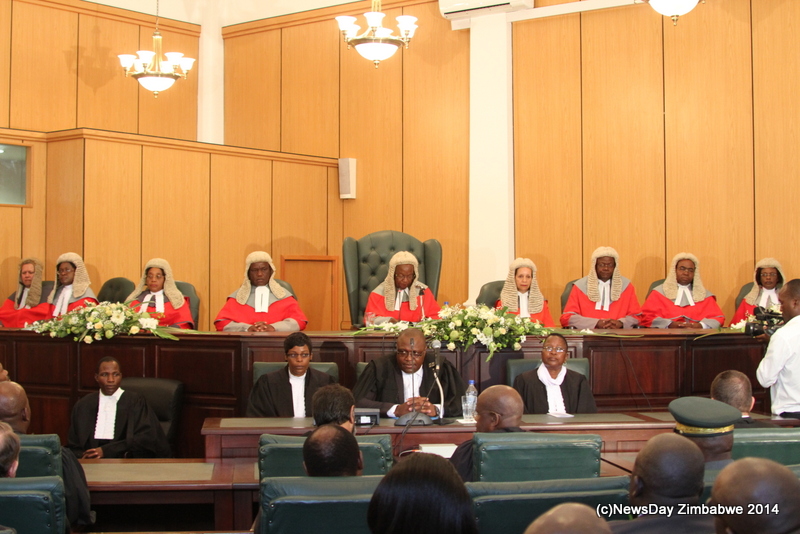
KADOMA — Four people reportedly committed suicide after losing their jobs while 28 000 employees were sacked following the July 17 Supreme Court ruling allowing employers to terminate workers’ contracts on three months’ notice, the Zimbabwe Congress of Trade Unions (ZCTU) has said.
OWN CORRESPONDENT
ZCTU national organiser Michael Kandukutu over the weekend told a gathering commemorating the September 13 2006 attack on trade unionists by State security agents that former workers have hit hard times and some were suffering from mental-related illnesses.
“We have four reported cases of workers who committed suicide after they were fired following the Supreme Court ruling while 28 000 other workers lost their jobs. One of those that took their lives was a lady working for a furniture manufacturer in Harare while three others were NRZ (National Railways of Zimbabwe) employees,” Kandukutu said.
“Many others are now suffering from mental-related disorders.”
The sackings were triggered after the Supreme Court ruled that employers can terminate contracts on three months’ notice.
Amendments to the Labour Act were railroaded into Parliament and President Robert Mugabe signed the Bill into law last month.
But social partners, labour and business, said they were not consulted on the amendments.
- Chamisa under fire over US$120K donation
- Mavhunga puts DeMbare into Chibuku quarterfinals
- Pension funds bet on Cabora Bassa oilfields
- Councils defy govt fire tender directive
Keep Reading
Kandukutu said although new amendments were made to the Labour Act, some provisions contained therein were “bad and archaic taking us back to 1890”.
New provisions brought through in the recent Act meant Labour minister Prisca Mupfumira — whom Kandukutu described as “a clueless green horn” — could unilaterally dissolve labour movements which she deemed “rogue”.

Some of the loopholes observed by ZCTU were the provision of two weeks’ salary for every year served which it said was unacceptable and also that Section (3), which allowed the employer to apply for exemption if it could not afford to pay the minimum retrenchment package, was also unacceptable.
According to the amendments, an employer can apply for exemption to the Retrenchment Board and if there is no response within 14 days, then the application is deemed successful.
On September 13, 2006, thousands of workers around the country participated in a ZCTU-organised demonstration against poverty afflicting 80% of the population.
Among other demands, the workers wanted wages linked to the Poverty Datum Line and free anti-retroviral drugs.
The police and other State security agencies reacted sternly and brutalised trade unionists which action was hailed by Mugabe who was quoted then saying; “If you want an excuse for being killed, be my guest go into the streets and demonstrate.”











